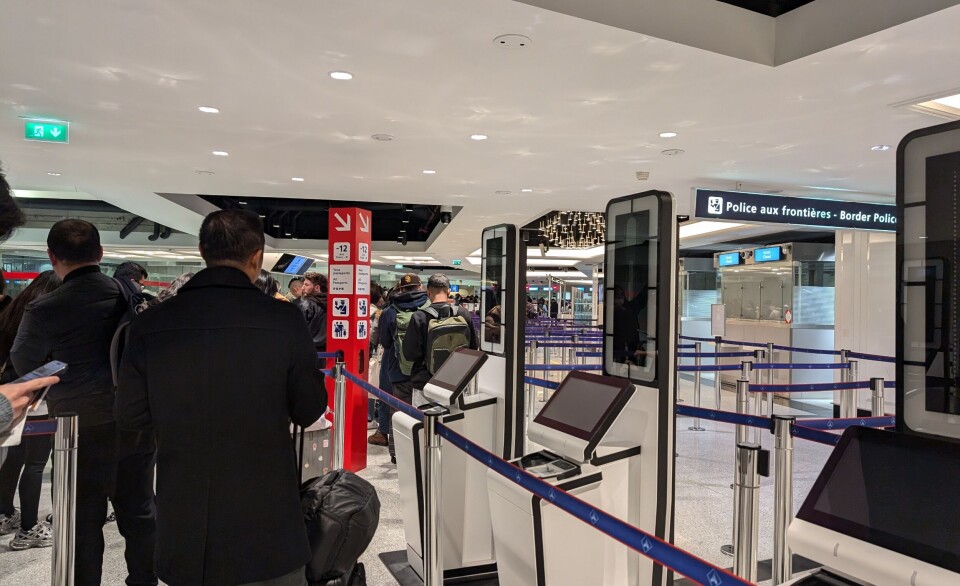-
VPN providers may leave France under pressure from Canal+
The broadcaster is demanding courts order Virtual Private Networks to block access to illegal streams
-
Forgetting luggage on French transport can land you a hefty fine
Fines vary from €72 to €1,500 depending on the level of offence, with 360 items left per week
-
Death of Emile, 2: French prosecutor gives more details after grandparents released
There are several reasons that a third party is suspected of involvement in Emile’s death
G7 Biarritz: More than 13,200 police on security alert
There will be 13,200 police officers and gendarmes in Biarritz for this weekend’s G7 summit, the French government has confirmed, saying that “no unrest will be tolerated”.

There will also be 400 firefighters on alert, and 13 mobile emergency units on standby.
Minister for the interior Christophe Castaner confirmed the numbers this week, and said he was referring to “three major threats” during the summit.
The landmark political event is taking place in the town (Pyrénées-Atlantiques, Nouvelle-Aquitaine) from August 24 to 26.
The first threat is violent protest, Mr Castaner said.
He explained: “No unrest will be tolerated. If it happens, we will respond”, and was clear that he was talking about “violent individuals, which must not be confused with peaceful protesters”.
Secondly, the minister added that security would also be tight due to “the terrorist threat”, as “an international summit can constitute a target”. Yet, he confirmed that there had been no specific incident as yet.
Thirdly, Mr Castaner added that the country was also alert to the risk of possible cyber attack.
He said that France had been working on “exceptional cooperation” with Spain, which will strengthen security at the border during the event.
The strong words come after five people, including some identifying as the masked protesters known as “black blocs”, were arrested on Monday after having threatened online to “burn [a gendarmerie] accommodation” in connection with the G7 event.
One person remains in custody.
The G7 summit
This G7 summit will be the event’s 45th edition. The first event - which was known as the G6, as neither Canada nor the then-Soviet Union were included at the time - took place in 1975.
This weekend, representatives from seven of the world’s most powerful countries come together to discuss key global issues.
These are France, Germany, the UK, the USA, Canada, Italy and Japan. China is a notable exception, as is Russia, with the latter having left the group - then known as the G8 - in 2014 due to tensions over its annexation of the Crimea.
The event changes location each time, and cycles through the G7 list of countries. Host nations tend to set the theme for the event.
In a bid by France to “refresh the format”, this year there will also be representatives present from India, South Africa, Burkina Faso, Egypt, Senegal, Rwanda, Australia, and Chile.
Each year is based around a given theme, and discussions usually centre on subjects such as food, poverty, and international aid.
Stay informed:
Sign up to our free weekly e-newsletter
Subscribe to access all our online articles and receive our printed monthly newspaper The Connexion at your home. News analysis, features and practical help for English-speakers in France
























